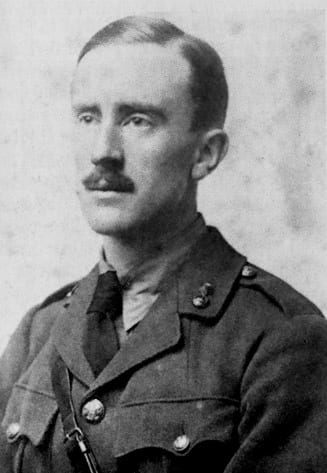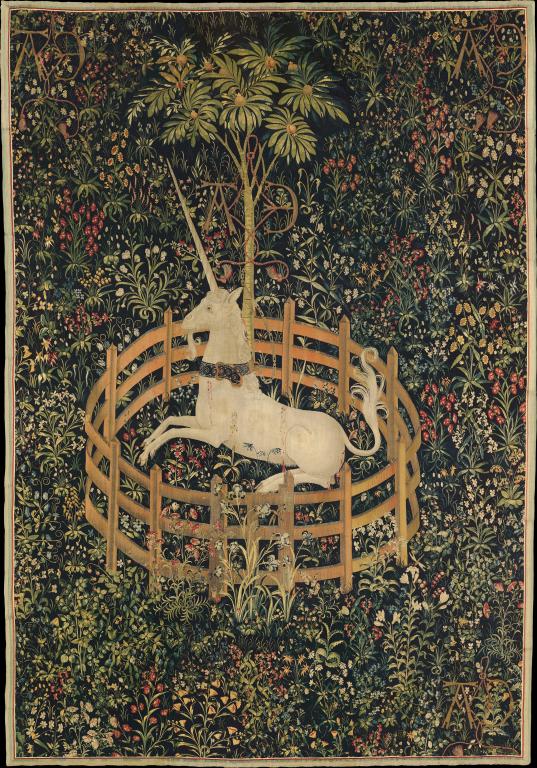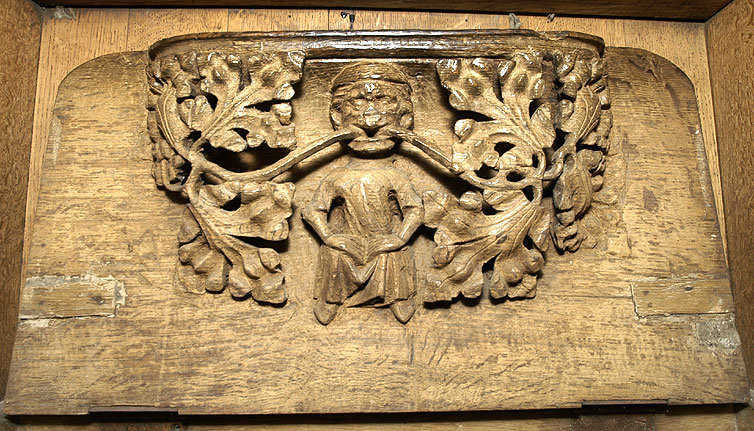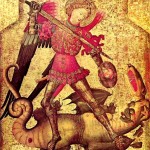David Russell Mosley

Christmastide
Tolkien’s Birthday
3 January 2014
The Edge of Elfland
Hudson, New Hampshire
Dear Friends and Family,
Today is the birthday for one of my favourite authors, J. R. R. Tolkien. He was born on this day in 1892 in Bloemfontein, South Africa. His works have been guiding lights for most of my life. I have done numerous posts about Tolkien and his works on this blog. Today, I want to look at one of his letters to his middle son, Michael. It is Letter 43 in the Collected Letters of J. R. R. Tolkien collected and edited by Humphrey Carpenter.
The letter begins by treating whether men and women can be friends. Ultimately, Tolkien thinks it a rare occurrence, too often coloured by one or the other of them ‘falling in love’. Though he does note that it can and does happen, two people are so made and have the same interests as to become friends and their gender, in relation to their friendship, is purely incidental (it is not accidental, not in the Aristotelian sense, anyway). This leads Tolkien then to talk of one slightly purer relationship between men and women, that chivalric or courtly love so prevalent in the Middle Ages. It puts women and pedestals as guiding stars or divinities for men to follow after. Courtly love engenders fidelity (even if one of the parties involved are not being faithful themselves). But Tolkien reminds his son, ‘The woman is another fallen human-being with a soul in peril. But combined and harmonized with religion (as long ago it was, producing much of the beautiful devotion to Our Lady that has been God’s way of refining so much our gross manly natures and emotions, and also of warming and colouring our hard, bitter, religion) it can be very noble. Then it produces what I suppose is still felt, among those who retain even vestigiary Christianity, to be the highest ideal of love between man and woman…it is not perfectly ‘theocentric” (49).
The only way to fully enjoy this love between men snd women is through marriage. But marriage is not self-evident: ‘Monogamy (although it has long been fundamental to our inherited ideas) is for us men a piece of ‘revealed’ ethic, according to faith and not to the flesh’ (51). And therefore an asceticism, a self-denial is necessary to attain the fulness of marriage and love. Tolkien writes:
‘However, the essence of a fallen world is that the best cannot be attained by free enjoyment, or by what is called ‘self-realization’ (usually a nice name for self-indulgence, wholly inimical to the realization of other selves); but by denial, by suffering. Faithfulness in Christian marriage entails that: great mortification. For a Christian man there is no escape. Marriage may help to sanctify & direct to its proper object his sexual desires; its grace may help him in the struggle; but the struggle remains. It will not satisfy him – as hunger may be kept off by regular meals…. No man, however truly he loved his betrothed and bride as a young man, has lived faithful to her as a wife in mind and body without deliberate conscious exercise of the will, without self-denial’ (51).
Tolkien goes on to say that even with all of this in place are not exactly as they could or should be. He writes: ‘Nearly all marriages, even happy ones, are mistakes: in the sense that almost certainly (in a more perfect world, or even with a little more care in this very imperfect one) both partners might have found more suitable mates. But the ‘real soul-mate’ is the one you are actually married to’ (51). He goes on to write about his own relationship with his wife, how they met, the love they shared, the hardships they endured. Tolkien finishes his picture of domestic bliss and hardship in a rather strange place.
He writes, ‘Out of the darkness of my life, so much frustrated, I put before you the one great thing to love on earth: the Blessed Sacrament …. There you will find romance, glory, honour, fidelity, and the true way of all your loves upon earth, and more than that: Death: by the divine paradox, that which ends life, and demands the surrender of all and yet by the taste (or foretaste) of which alone can what you seek in your earthly relationships (love, faithfulness, joy) be maintained, or take on that complexion of reality, of eternal endurance, which every man’s heart desires (53-54). Perhaps, however, this isn’t so strange. The Eucharist is, after all, the font of all our feasts and celebrations. It blesses every table where food is served, above all perhaps, the family table. If we begin from marriage, we will end in that great Eucharistic wedding feast of the Lamb. If we begin from the Eucharist, we spread out to all tables, the primary of which is the family dinner table. Thus marriage and the Eucharist are wed, inextricably and joyfully tied. This is the picture of marriage Tolkien paints for us, one who’s source and end are found in the body and blood of our Lord Jesus Christ.
Sincerely yours,
David











